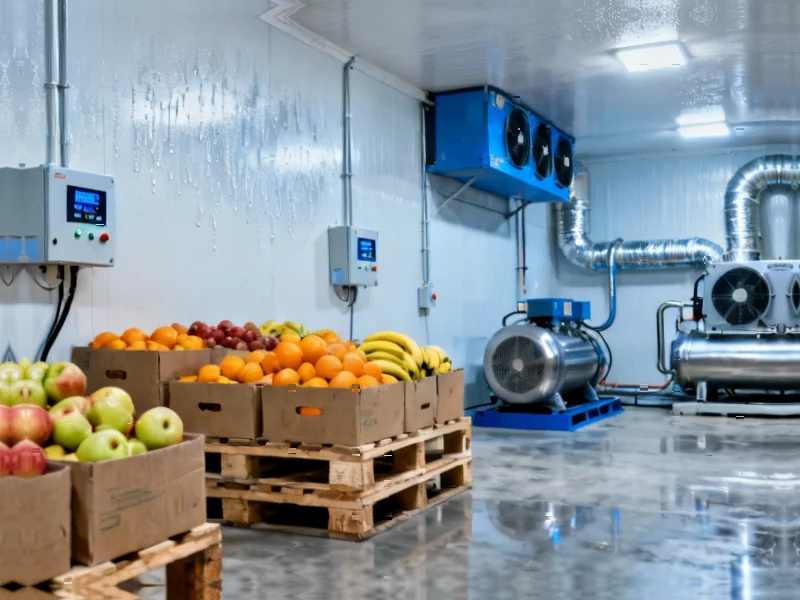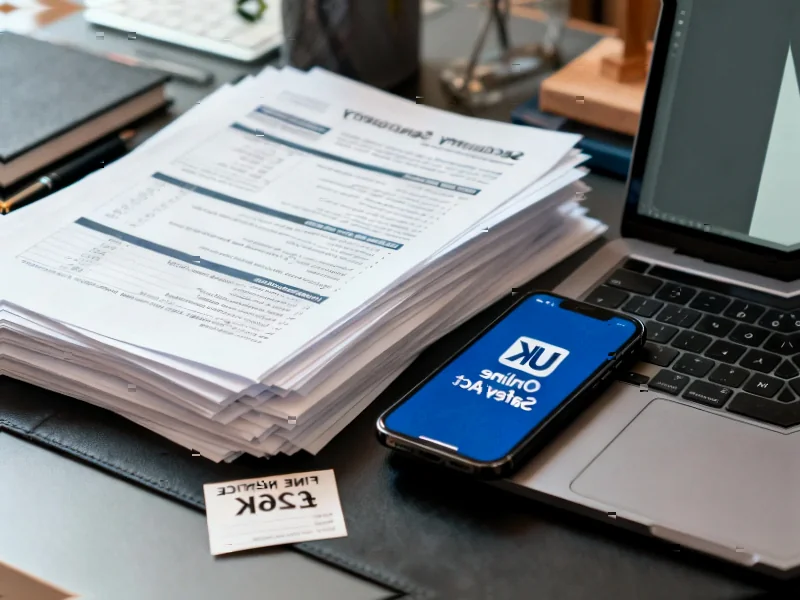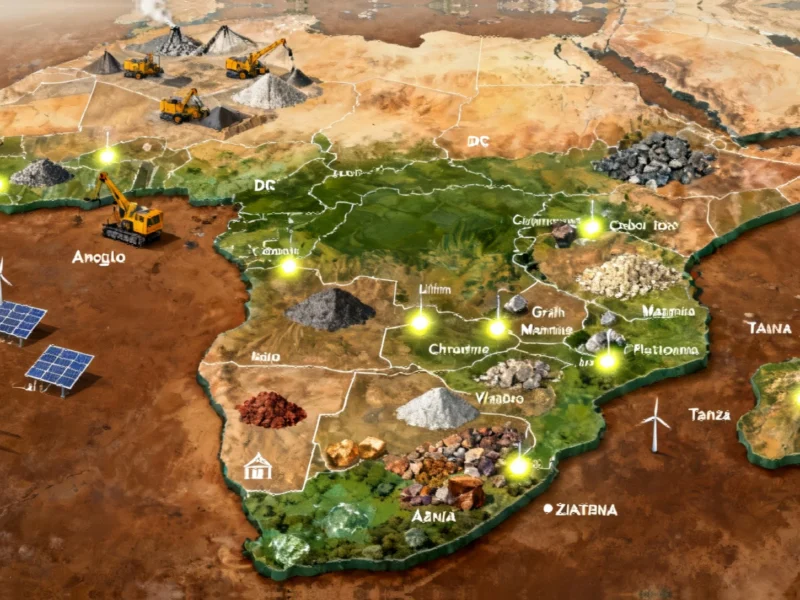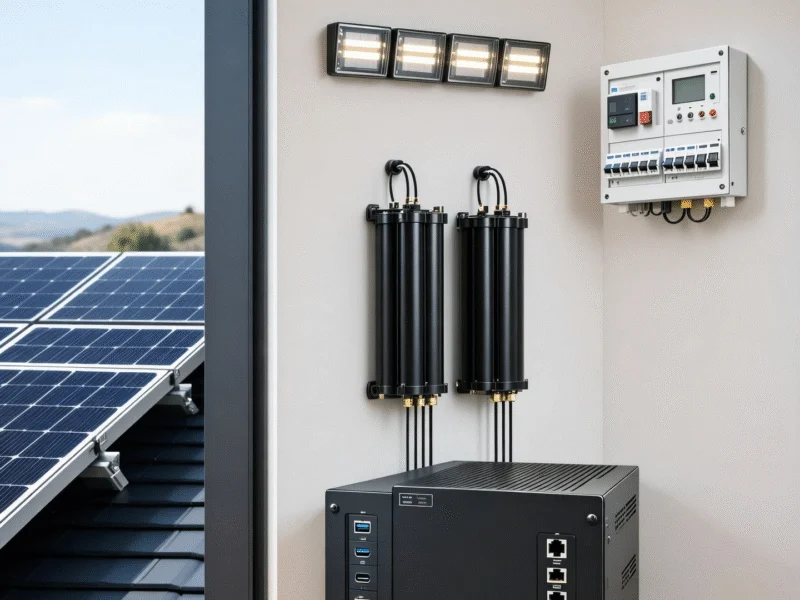Southern Africa possesses approximately 30% of the world’s critical mineral resources essential for clean energy technologies, according to a new World Economic Forum analysis. Despite this vast potential, the region captures only a fraction of global exploration spending, hampered by policy uncertainty and infrastructure challenges. Experts suggest that unlocking this mineral wealth requires strategic derisking measures and cross-border collaboration to attract necessary capital.
Vast Mineral Wealth Meets Financing Challenges
Southern Africa holds about 30% of the world’s critical mineral resources according to reports from the World Economic Forum, positioning the region as a potential powerhouse in the global transition to cleaner energy. The analysis, conducted in collaboration with the Development Bank of Southern Africa and McKinsey & Company, highlights minerals including copper, cobalt, lithium, graphite, and platinum-group metals across ten Southern African nations.








